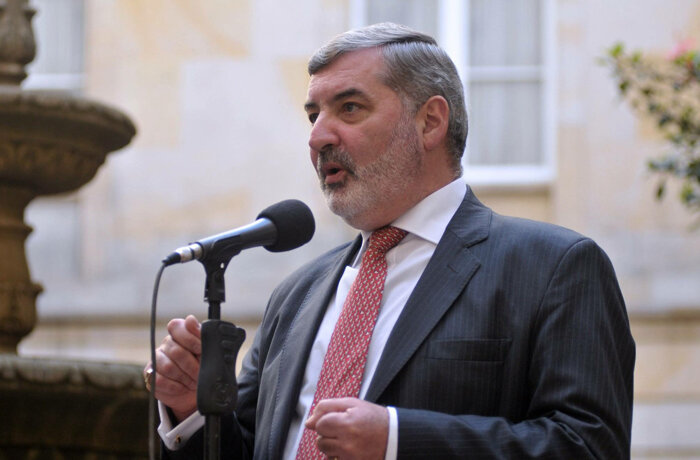
War & Peace Series
Oxford | Belfast | Athens 2022
Held at St. Catherine’s College, Oxford | 17 - 23 July 2022
Field visits to Northern Ireland or Greece | 23 - 30 July 2022
Two new summer symposia and new trauma training
Over sixty of us gathered at the University of Oxford in July and August 2022 to enjoy an extraordinary conjunction of training, travel, and community. We led two intensive week-long sessions at St. Catherine’s College and Merton College, followed by on-site women’s narrative work in Greece and Northern Ireland. The Global Women’s Narratives Project convened a new editorial team of ten Oxford graduate and undergraduate students in June, who were joined in July by new interns from the Albright Institute at Wellesley College and a handful of our long-term editors from various institutions. We are inspired by each of you and your commitment to the work at hand.
Workshop participants receive our GWNP Duty of Care training in trauma-sensitive narrative and interviewing techniques. Duty of Care Training is required before interviewing women for the Global Women’s Narratives Project. All workshops include training for our Global Women's Narratives Project with themes of religion, war and peace, health, identity, gendered violence, and life's work. We explored the agency of women—how they participate in their conflicts—and the role of inter-generational trauma in intractable conflicts across time. The July 2022 delegates gathered publishable narratives from women in Northern Ireland or Greece for the women’s archival project. Image on right: Damian Gorman, Oxford Initiative Fellow and award-winning Belfast poet and playwright leading a session on poetry in conflict.



Northern Ireland
The week in Belfast is directed by our Advisory Board member Eva Grosman, Executive Director and CEO of the Centre for Democracy and Peace Building, UK, and Research Associate, St. Benet's, Oxford University. One of the most critical challenges at the heart of the peace process is recognizing that it requires more than agreements, institutional changes, security measures, and economic development; there must also be a change in the attitudes between communities to reflect the new relationships. This track of the seminar on war and peace focuses on culture, change, and reconciliation. Reflecting upon the experience of the Irish Peace Process over twenty years after the Belfast/Good Friday Agreement, with the aid of case studies from around the world, we examine the role of cultural leadership and political and societal evolution in the process of communal reconciliation. The week in Oxford is followed by seven days of meetings and fieldwork in Belfast, Northern Ireland—possible volunteer placements working with organizations in Belfast after the seminar ends if requested in advance.
Greece
The week in Greece is directed by Manas Ghanem, lawyer, Fulbright laureate, and International Specialist in refugees and displacement emergencies with the United Nations since 2006. She is also a visiting fellow of the Oxford Centre for Resolution of Intractable Conflict and special adviser for displacement and conflict resolution for the Oxford Initiative.
Humans have moved across the globe, forcibly or voluntarily, for as long as they have existed. Often driven by survival concerns triggered by threats to life, safety and security, climate, or economic resources. It is also tied historically to curiosity and conquest. Areas of study include migrants and refugees, healthcare, economic security, sexual violence, water and habitat, and humanitarian policy. This track of the study considers the lived experience of some people on the move and recent developments in humanitarian relief and policy, including ethical and political decision-making concerning responding to emergencies caused by human movement across borders. The week in Oxford is followed by seven days of interactive workshops and field visits in Athens and Thessaloniki, Greece—optional volunteer placements working with local nonprofit agencies on migrant and refugee issues in Greece after the seminar ends if requested in advance.



